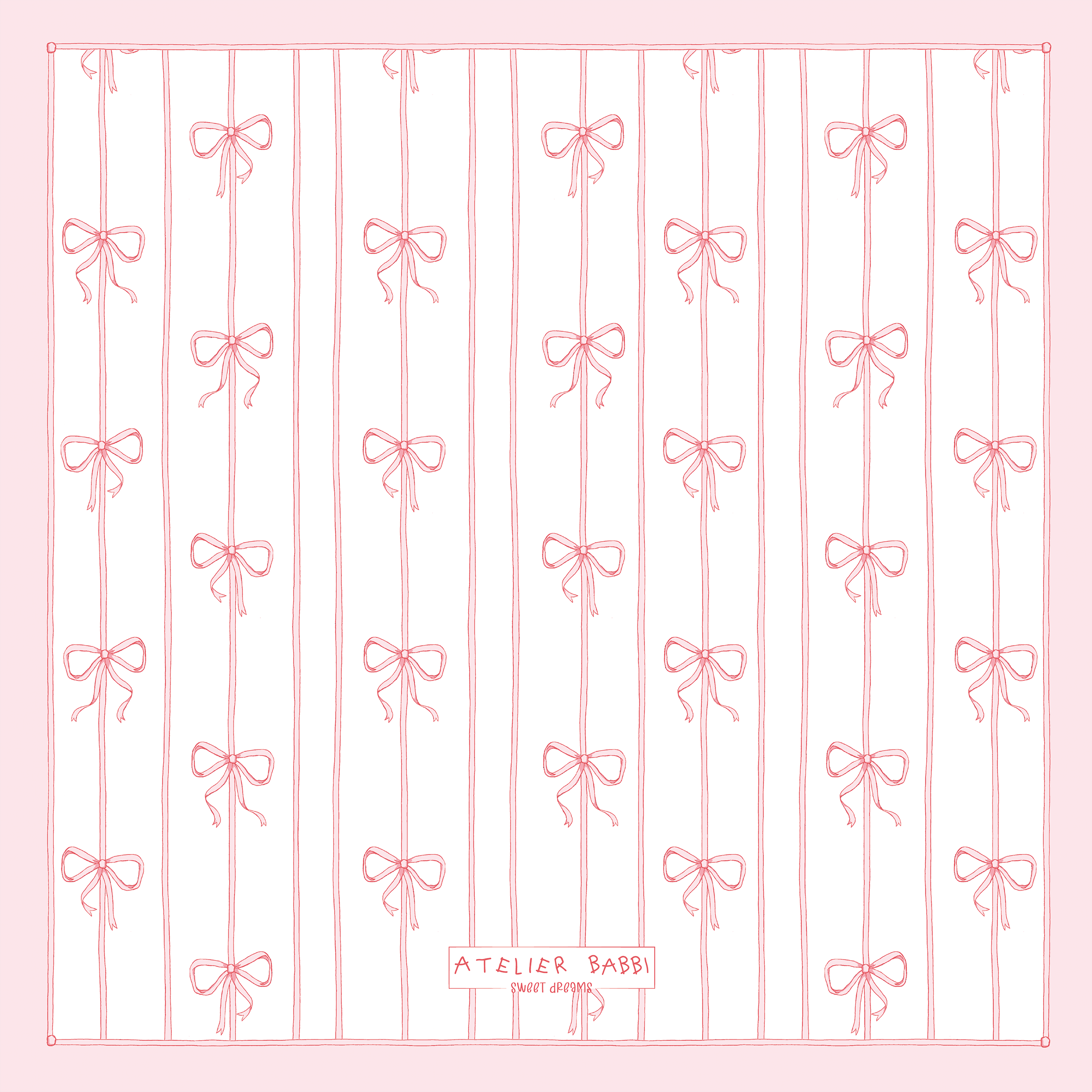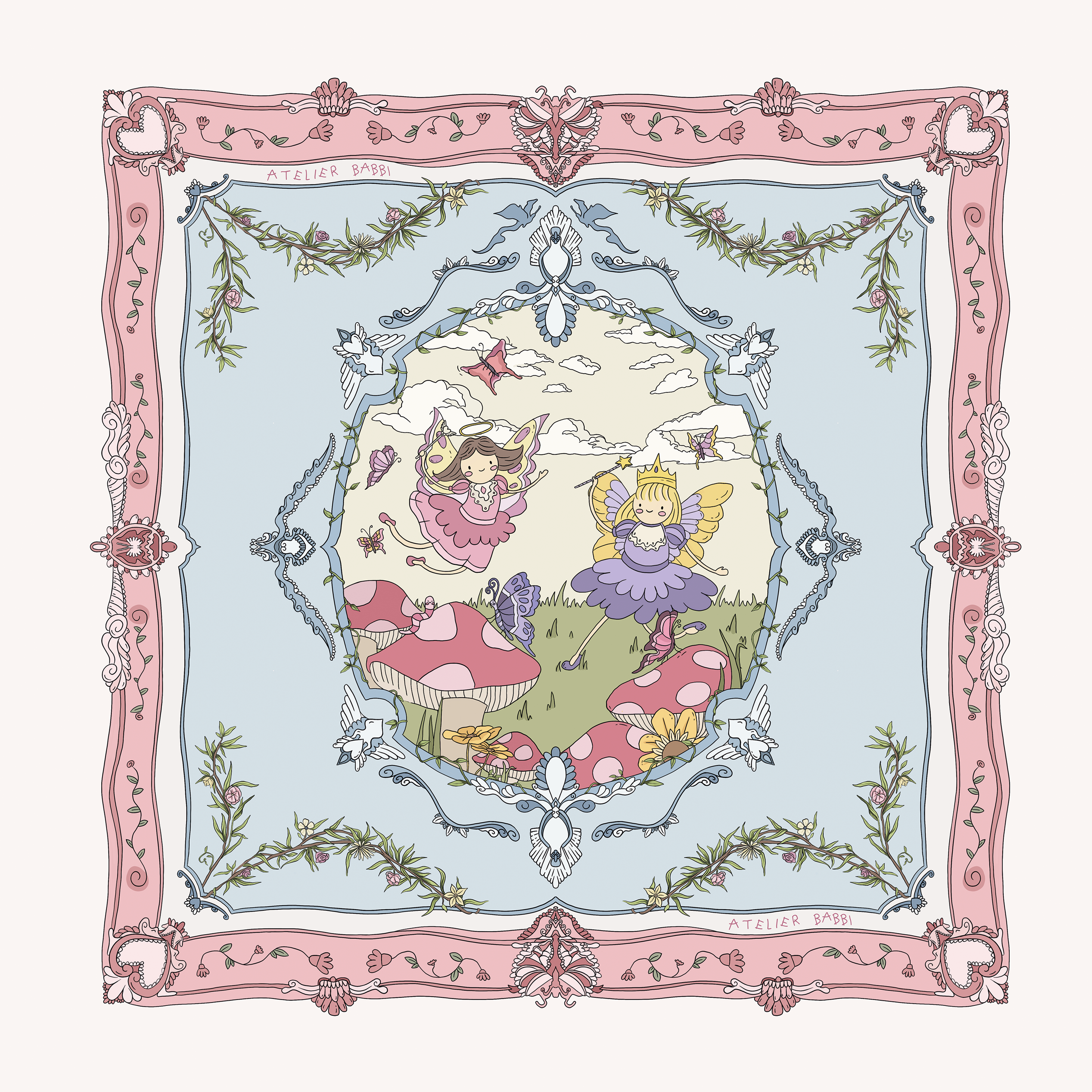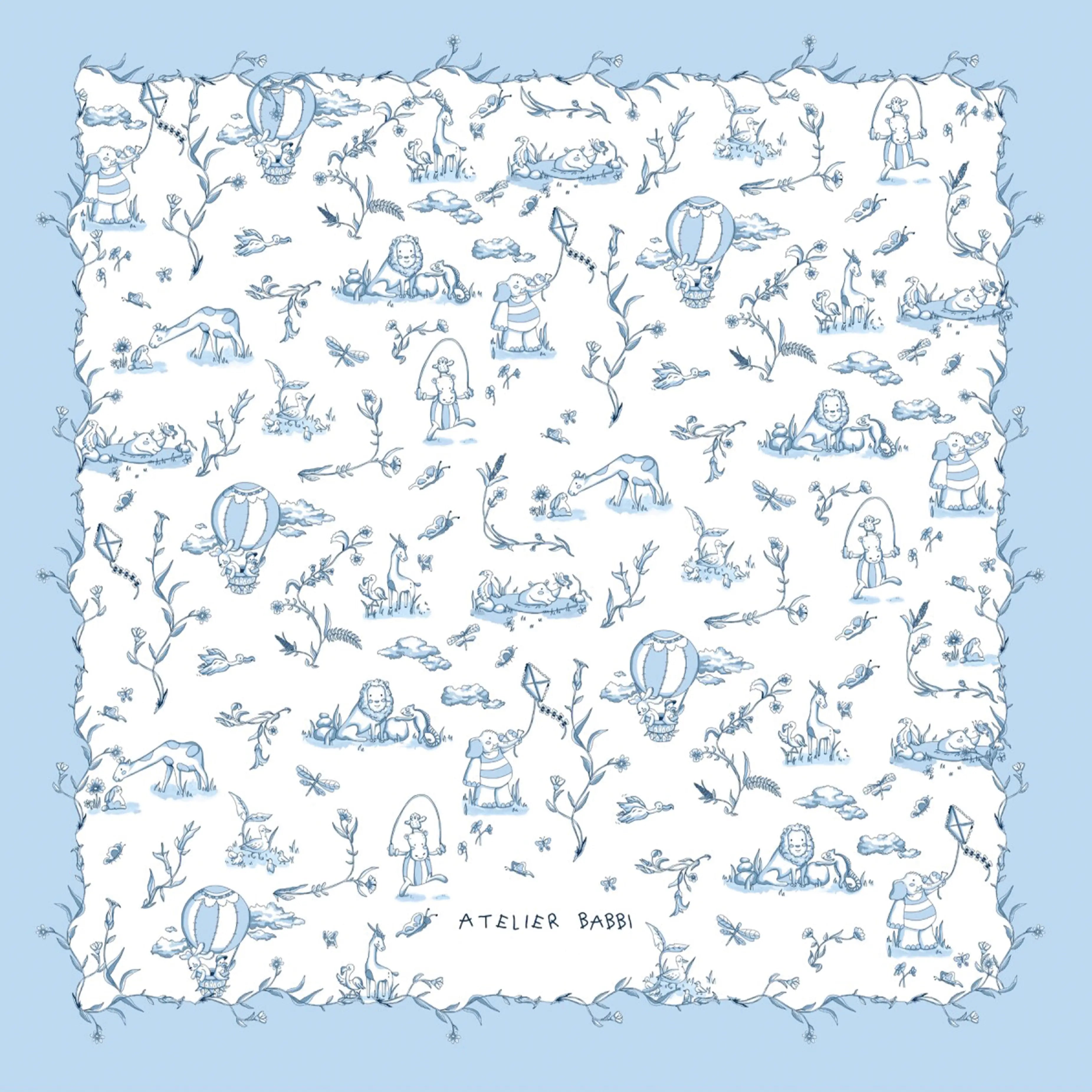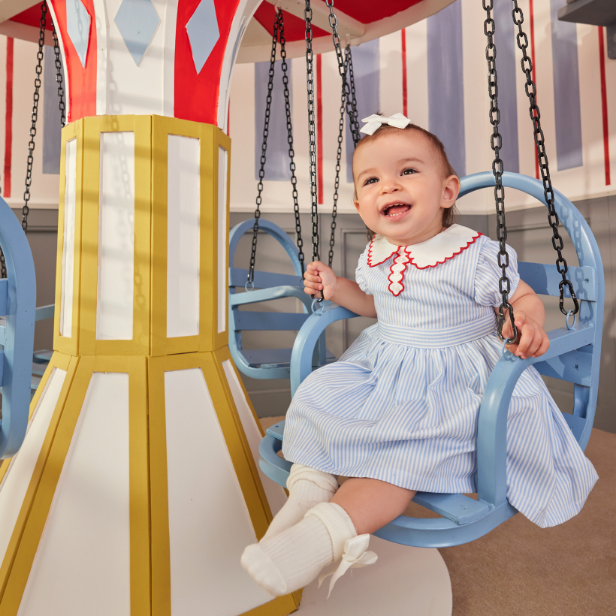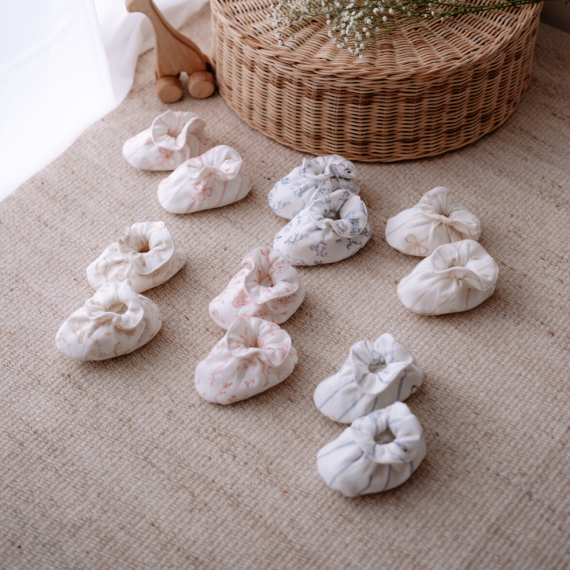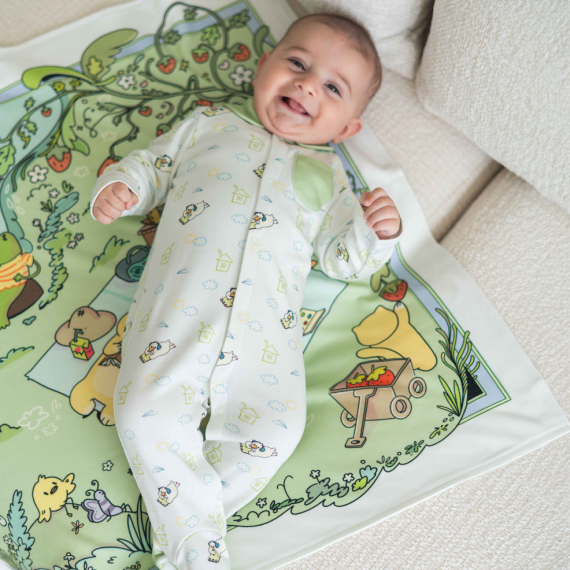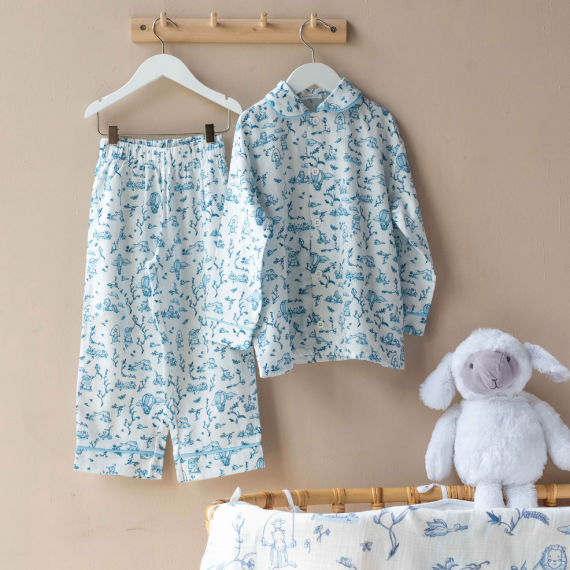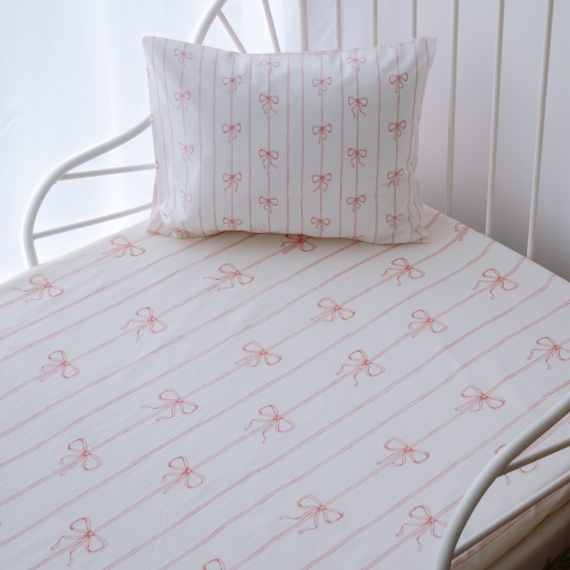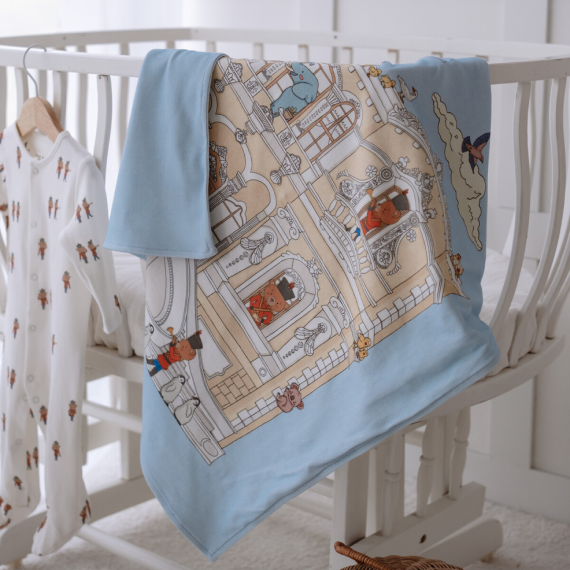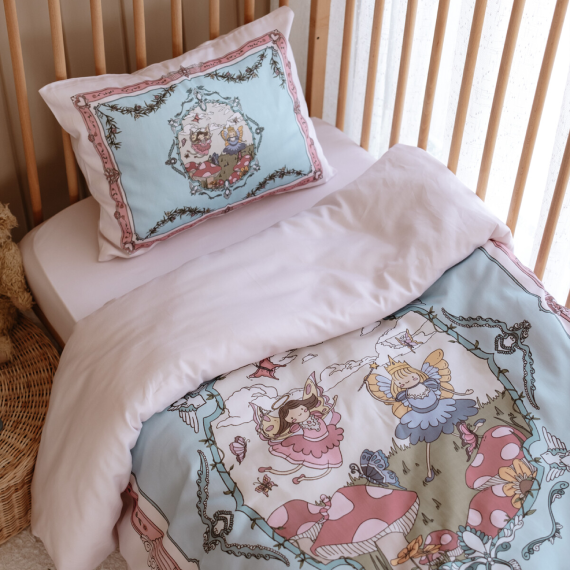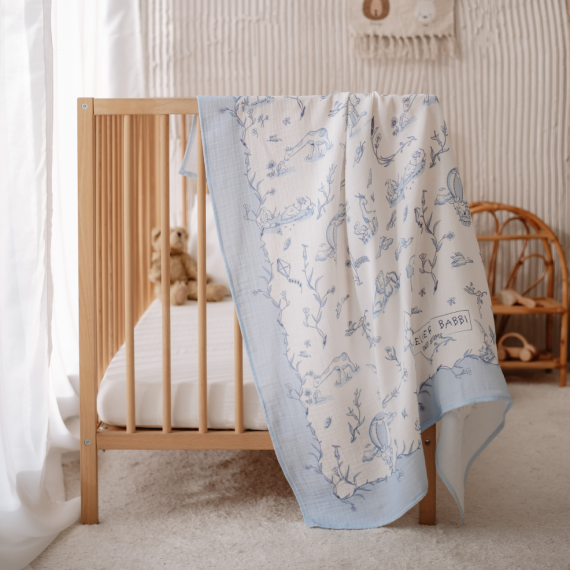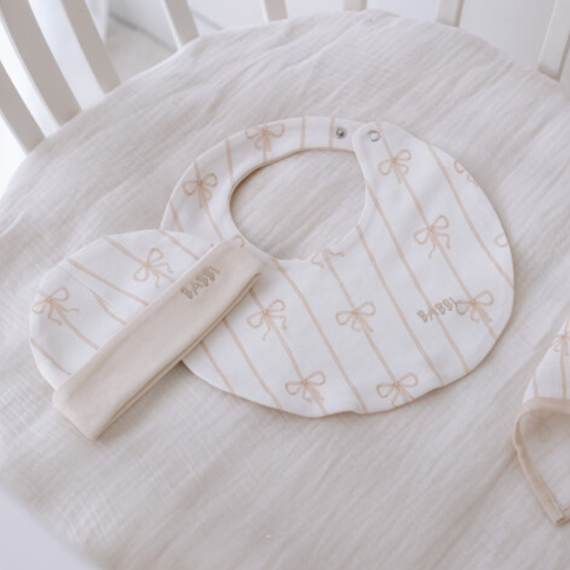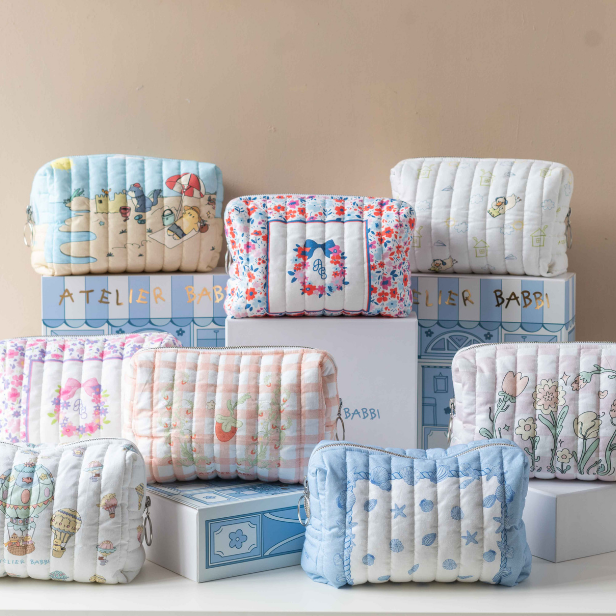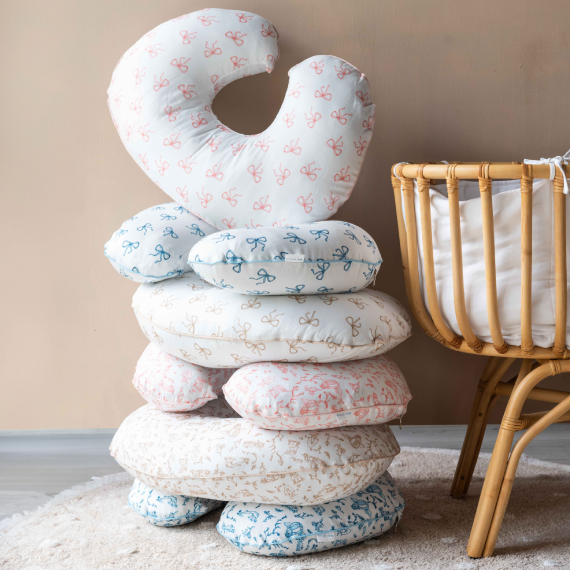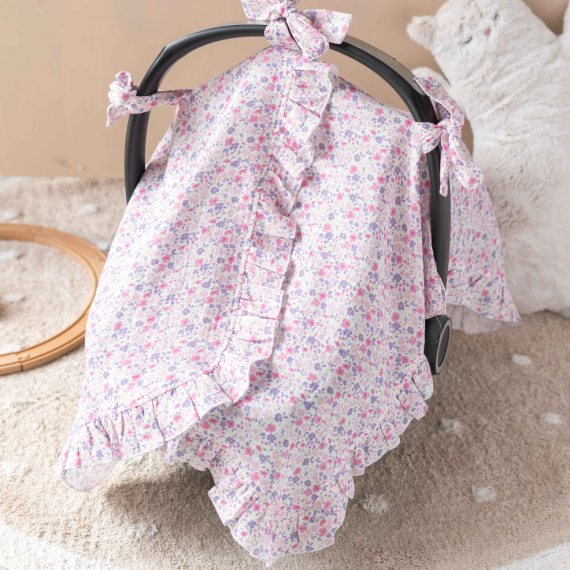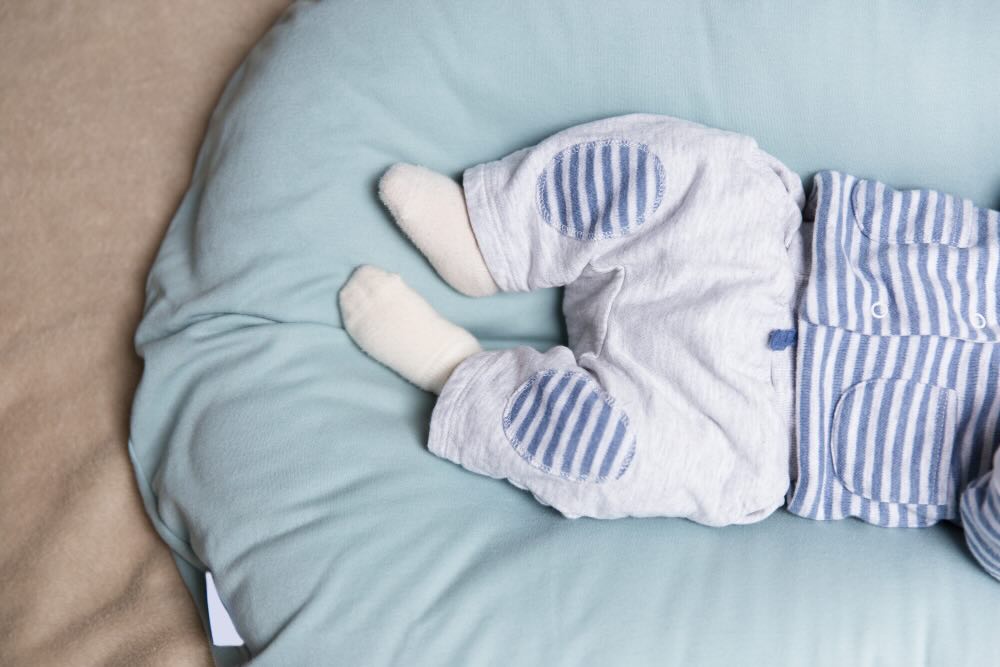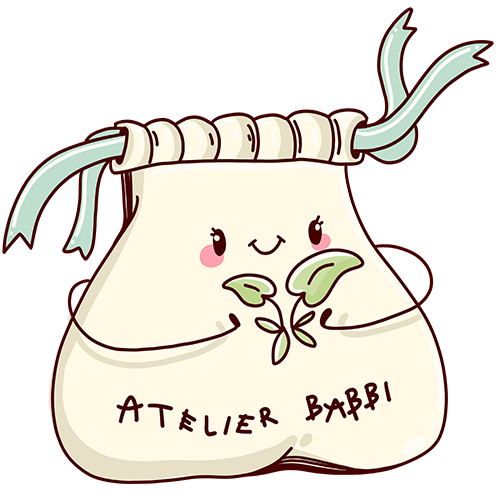Artículo: Things to Pay Attention to After Baby’s Bath
Things to Pay Attention to After Baby’s Bath
Things to Pay Attention to After Baby’s Bath
Bathing your baby is not only a relaxing experience for them but also a wonderful bonding moment for you. However, the period after the bath is just as important as the bath itself. Especially during the newborn stage, due to babies’ delicate nature, it’s essential to pay attention to some small but critical details.
In this article, we answer questions such as: What should be considered after a baby’s first bath? Why shouldn’t babies be breastfed immediately after a bath? What does it mean if a baby does not wake up after a bath? We also provide practical information like what temperature the bath water should be.
Baby Bath Water Temperature: What’s the Ideal Range for Newborns?
One of the most common questions new parents ask is: What should the bath water temperature be for a newborn? Getting the right bath water temperature is essential for your baby’s safety and comfort.
The ideal baby bath water temperature is 96.8–98.6°F (around 36–37°C). This temperature range is closest to your baby’s natural body temperature and helps them feel relaxed during bath time.
To make sure your baby’s bath water is at the correct temperature, use a bath thermometer. If you don’t have one at home, you can test the water using your elbow — it should feel warm, not too hot or too cold. Water that feels comfortable to the touch is usually perfect for your baby’s sensitive skin.
💡 Pro Tip: Always keep the water within this range to avoid overheating or chilling your baby, which can make bath time stressful instead of soothing.
👉 Looking for the perfect baby bath poncho to keep your newborn cozy after bath time? Check out our baby bath poncho collection now!
Why Shouldn’t You Breastfeed Your Baby Right After a Bath?
Many new moms wonder: Why shouldn’t babies be breastfed right after a bath? After a bath, a baby’s body temperature can drop. If you breastfeed immediately, the risk of chilling increases and your baby may also get tired more easily while nursing.
That’s why it’s best to dry and dress your baby thoroughly first, then allow them to rest for a short while. This helps their body temperature return to normal, keeping them comfortable.
During this short resting period, the baby’s digestive system also has time to prepare. Once your baby’s body is warm again, breastfeeding will be much easier. Nursing in a warm environment allows your baby to feed more comfortably, use less energy, and digest more effectively.
💡 Tip: Always make sure your baby is warm and relaxed before breastfeeding after bath time. This simple routine will help create a soothing feeding experience.
Crying or Not Waking Up After a Bath: What Does It Mean?
Some parents often say: “My baby cries a lot after a bath” or “What should I do if my baby doesn’t wake up after a bath?” These behaviors are usually caused by your baby becoming too tired during bath time or the bath water temperature not being ideal.
Other factors such as loud noises, sudden movements, or not drying your baby thoroughly after the bath can also lead to discomfort.
After bath time, make sure to dry your baby gently with a soft towel and, if possible, give them a light baby massage. If your baby cries, hold them close and allow for skin-to-skin contact — this alone is often enough to calm them.
To help your baby feel secure, keep the environment calm, warm, and quiet. Remember, every baby is different, and sometimes crying or falling into a deep sleep after a bath is simply a normal reaction. The key is to observe your baby’s needs and adjust accordingly.
👉 Explore our newborn gift sets in our category section to make bath time even more special!
https://us.atelierbabbi.com/collections/5-piece-newborn-sets
How Many Hours After a Bath Can Babies Go Outside?
For newborns, bath time is an important part of both hygiene and relaxation. However, there are a few key points to keep in mind when it comes to baby baths. The duration of the bath should be adjusted according to your baby’s age and skin type.
Especially for newborns, it’s beneficial to use a gentle moisturizer before and after the bath to keep their sensitive skin hydrated. After bath time, your baby should stay indoors for at least 1 hour to rest. During this time, their body temperature should return to normal and any post-bath sweating should subside.
Make sure to dry your baby thoroughly with a soft baby bath towel and dress them in warm clothing. The timing of going outside also depends on the weather conditions and your baby’s immune system. In colder months, always put a hat on your baby before going outdoors to protect their head from the cold.
Another point to pay attention to during baby baths is the use of a soft bath sponge. This ensures your baby’s skin is not irritated and helps create a safe and comfortable bathing experience.
After bath time, wrapping your baby in a breathable muslin swaddle helps regulate body temperature while keeping them calm and comfortable before going outside.
➡️ https://us.atelierbabbi.com/collections/baby-muslin-swaddle-blanket
Baby’s First Bath: A Special Moment, Special Care
A baby’s first bath is an unforgettable moment for parents and the very first introduction to water for the baby. The first bath is usually given a few days after birth, once the umbilical cord has fallen off. This special time is also important for parents to strengthen their bond with their baby.
The first bath should be short, in warm water, and in a calm environment. Gently ease your baby into the water and maintain a soothing attitude during the process — this is key to helping your baby enjoy and feel comfortable with water.
After the bath, wrap your baby in a soft towel and, if possible, give a gentle massage. This not only relaxes your baby but also enhances their sense of security. These small rituals contribute greatly to both your baby’s physical and emotional development.
For parents, cherishing the moment and turning it into a joyful experience with their baby is invaluable.
Post-Bath Massage and Bedtime Routines for Babies
A gentle massage after bath time can work wonders in helping your baby relax and sleep more comfortably. Using baby-safe natural oils, such as lavender oil, with soft, soothing strokes can help calm your baby and create a sense of security.
After the massage, dress your baby in soft pajamas and nurse or feed them while singing a quiet lullaby. This makes it easier for your baby to transition to sleep. Establishing a consistent bedtime routine like this also helps your baby develop healthy sleep habits.
➡️ https://us.atelierbabbi.com/collections/baby-footed-onesie
A peaceful atmosphere during this process supports your baby’s secure attachment and emotional development. Babies feel safe and loved when cared for in this gentle, consistent way, which ultimately helps them sleep better and thrive..


